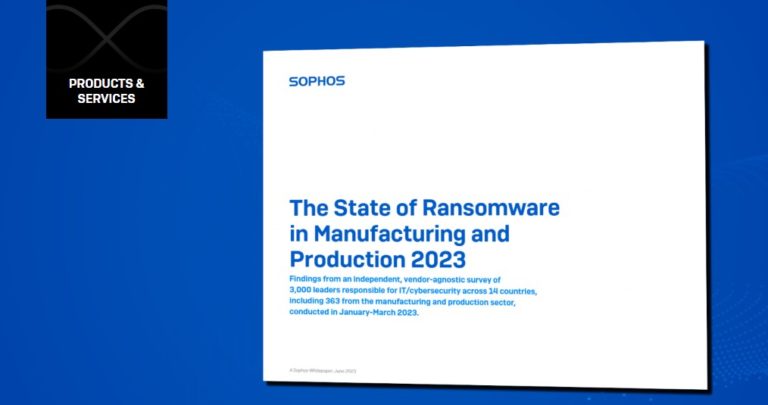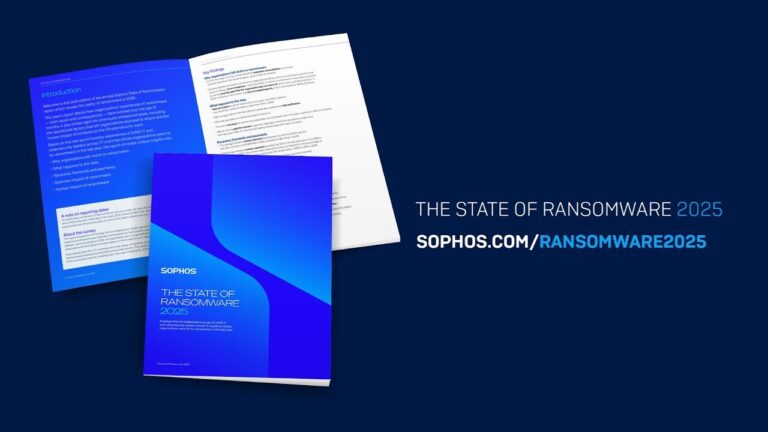Pegasus Scandal: Israel Releases Stricter Requirements for Use of Its Cyber Tech Exports

On Monday, Israel stated that countries interested in purchasing its cyber technologies would be required to commit to using them only to prevent a limited number of terrorist acts and serious crimes.
The announcement by Israel’s Defense Ministry was the latest step in strengthening its oversight following concerns about possible abuses of a hacking tool sold by Israeli firms such as NSO Group abroad.
An updated certificate to be signed by purchasing countries specifies in detail what constitutes “terrorist acts” – such as attacks on people, public facilities, aircraft seizures, and the release of dangerous substances – as well as “serious crimes” – those punishable by imprisonment for six years or more.
“The definitions for serious crimes and terrorist acts have been sharpened to prevent boundary blurring in this context,” the Defence Ministry said.
It also specifies prohibited uses, such as targeting people based on political affiliation or applications that violate that country’s privacy laws, for which Israel may revoke licenses and shut down the systems.
Since July, when a group of international news organizations reported that NSO’s Pegasus tool had been used to hack into the phones of journalists, government officials, and rights activists in several countries, Israel has been under pressure to limit spyware exports.
These reports prompted Israel to reconsider its cyber export policy, which is overseen by the Defense Ministry.
Last month, it was reported that Israel had reduced the number of countries eligible to purchase its cyber technologies.
NSO has denied any wrongdoing, claiming that it only sells its tools to governments and law enforcement agencies and that safeguards are in place to prevent misuse.







